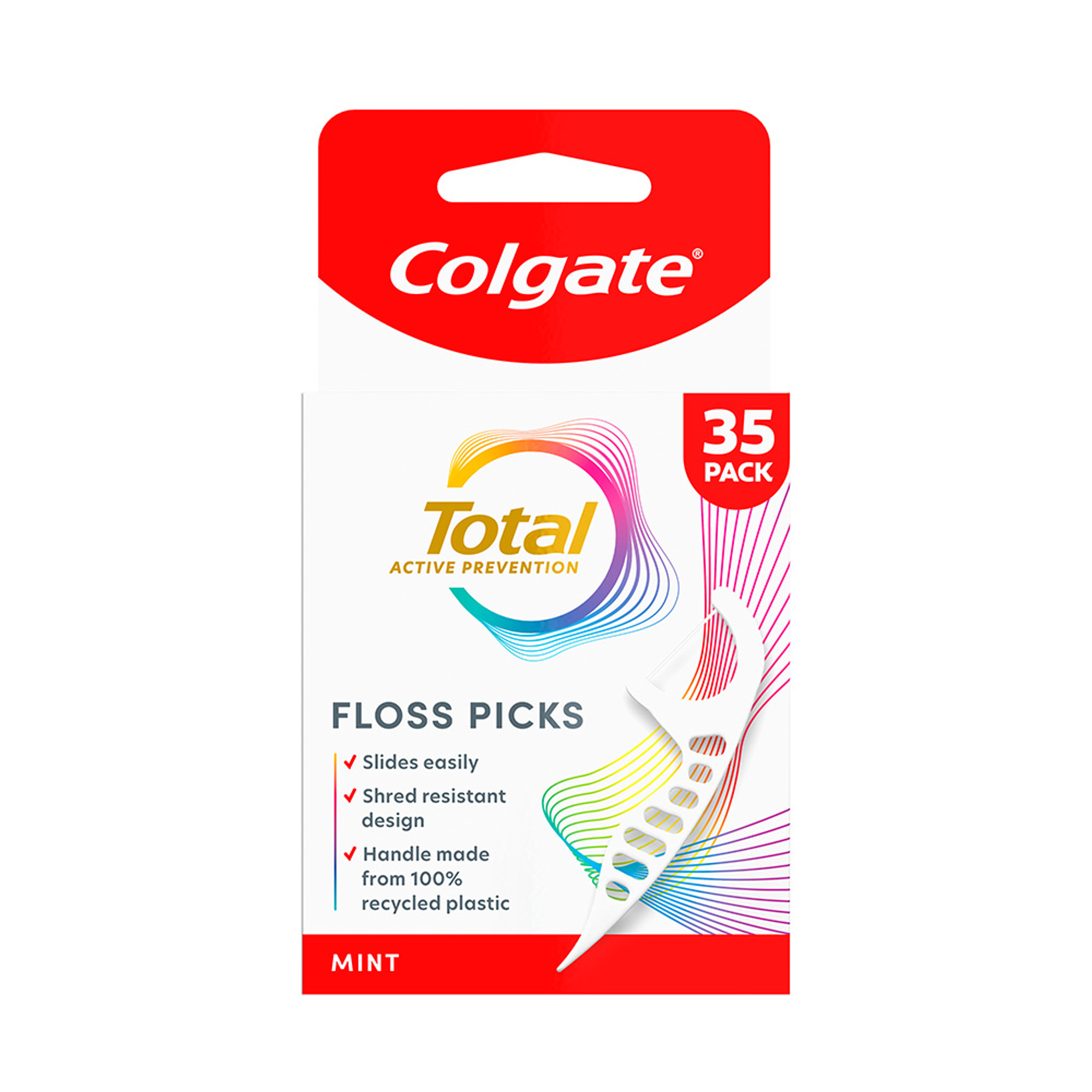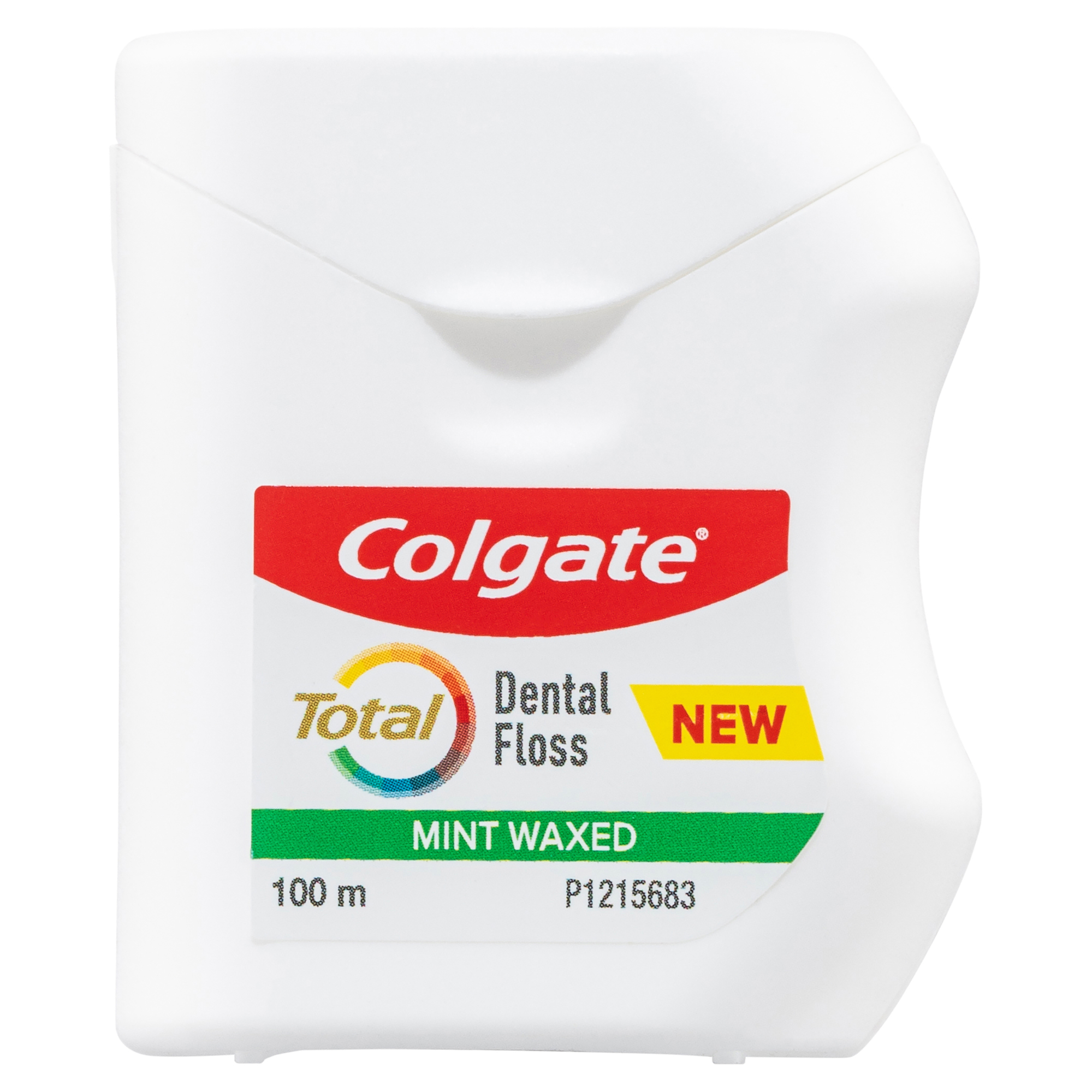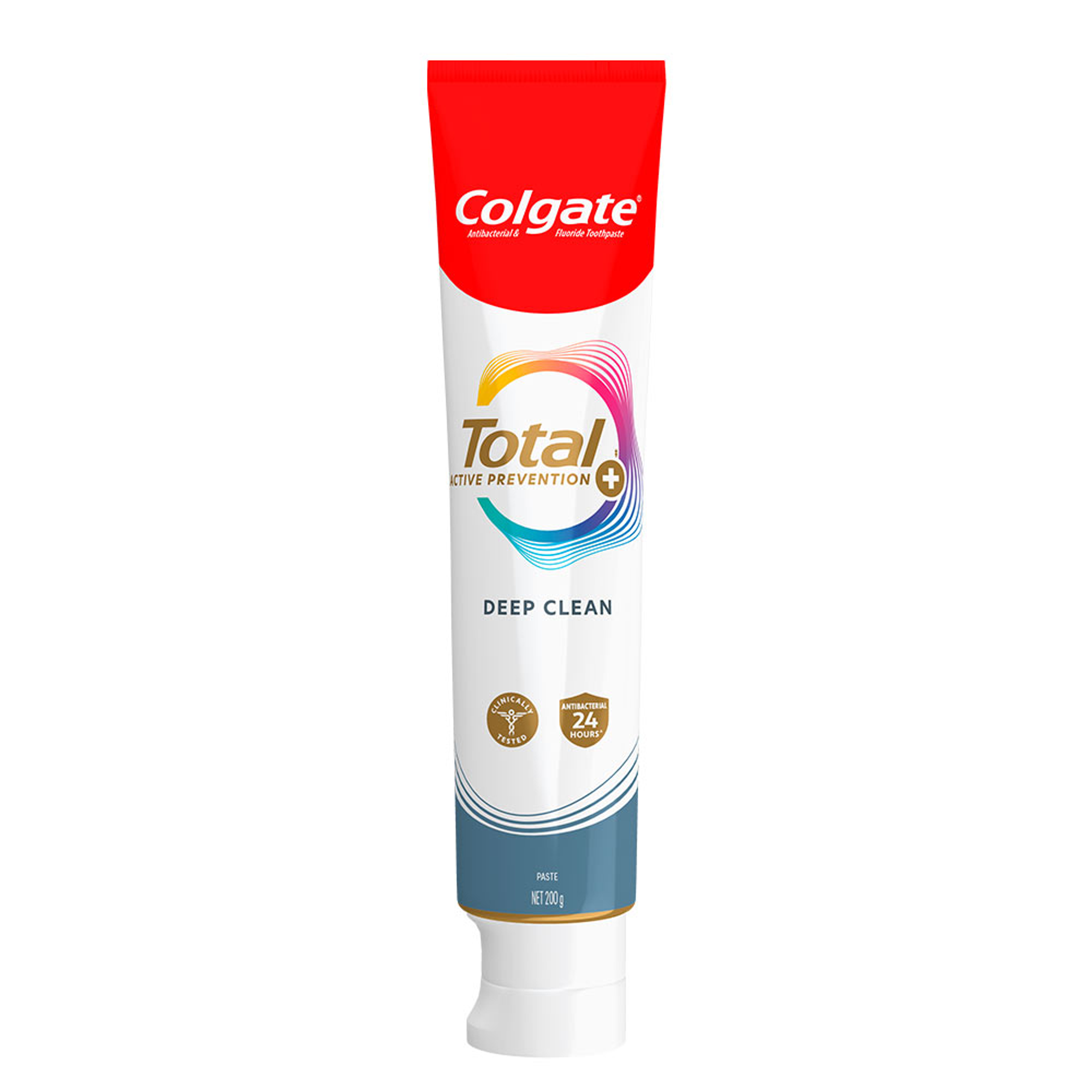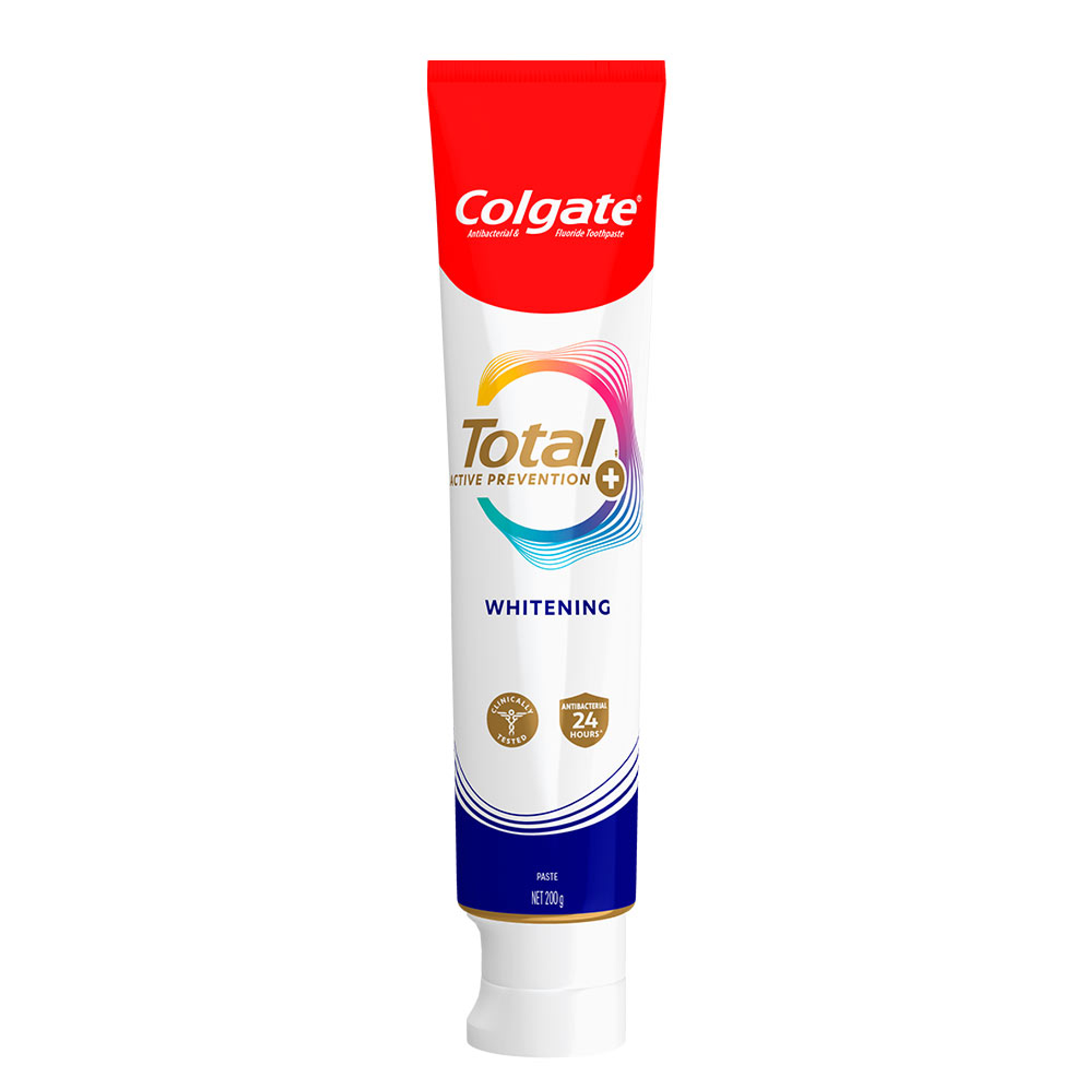-
-

BRUSHING & FLOSSING
How to BrushWhat Is the Right Way to Brush?
Proper brushing takes at least two minutes — that's right, 120 seconds!...

BRUSHING & FLOSSING
How To FlossWhat is the Right Way to Floss?
Proper flossing removes plaque and food particles in places where a toothbrush cannot easily reach... -
Science & Innovation
- Home
- Oral Health
- How To Clean Dentures To Avoid Bacteria Buildup


If you’ve lost some or all of your teeth, dentures can help you to speak, smile and eat as naturally as possible – but only if they’re comfortable, clean and well-maintained! Learning how to clean dentures is important for maintaining good oral hygiene, but as food can accumulate on dentures, you might need to take occasional extra steps to eliminate tougher-to-remove build-ups.
How food accumulates on dentures
According to SA Health, dentures can accumulate food particles just like natural teeth. This can happen in a number of ways:
- The food that drifts to the floor of your mouth can land and become trapped under a lower denture.
- Debris that gets pushed backward and upward as you chew and swallow may wind up in between your palate and the upper denture.
- Food can stick to the rough plastic surface of the dentures and build up over time. Some surfaces are more prone to this build-up than others.
How problems arise from this build-up
If food debris is not removed frequently, it can turn rancid in a matter of hours, leading to bad breath and other oral health problems. If you think your dentures might be affecting your breath, try placing them in a sealed, plastic sandwich bag for five minutes. When you unseal the bag, you'll get an idea of whether your dentures are to blame.
Inflammation of oral tissue is another possible complication. When tough-to-remove particles collect and build up on a section of the dentures that is in contact with your mouth, the bacteria or fungi that feed on this leftover food can transfer to the gums and tissues. Unchecked, this can lead to denture stomatitis and/or sores at the corners of your mouth. DermNet NZ explains that denture stomatitis can appear as swelling or redness of the parts of your mouth in contact with the denture.
This emphasises just how important it is to clean dentures effectively, regardless of the type of dentures you wear.
How to clean dentures
In addition to your regular daily brushing, it's necessary to use a deep-cleaning solution periodically to soak off food deposits from the denture. These solutions typically come in the form of effervescent tablets, which are specifically formulated to clean dentures.
Use a soft toothbrush to clean your dentures and avoid using toothpaste, as Better Health warns that this can scratch your dentures. Always use cold or lukewarm water to avoid warping your dentures.
SA Health recommends soaking dentures for three to four hours every week. Use water and a denture tablet for full or partial dentures, or occasionally a 50:50 solution of white vinegar and water for full dentures only, as vinegar can erode the metal on partial dentures.
After soaking, check the inside of the denture for any remaining food particles, and brush or scrub using a soft-bristled toothbrush. Make sure that you rinse the dentures exceptionally well afterwards, as even the gentlest cleansing solution can contain chemicals that could irritate your mouth.
Wearing dentures doesn't mean you can't enjoy the pleasure of freshly brushed teeth. Complete your denture cleaning with a thorough brushing of your gums using a soft-bristled toothbrush. If you notice any mouth sores, rinsing with an antibacterial or warm salt water rinse may help to make them more comfortable and promote healing. If the sores persist longer than 10-14 days, be sure to consult your dentist or doctor.
Related Articles

We know that dairy keeps your bones strong and healthy, but is milk good for your teeth? The answer is a resounding yes, and here's why.

You take your child to their dental appointment, expecting smiles all around and a clean bill of health.

A dry mouth spray may be good option if you need short-term relief of dry mouth. Learn how sprays work and what you can do for longer-term solutions, here.
This article is intended to promote understanding of and knowledge about general oral health topics. It is not intended to be a substitute for professional advice, diagnosis or treatment. Always seek the advice of your dentist or other qualified healthcare provider with any questions you may have regarding a medical condition or treatment.
Related Products

Helping dental professionals
More professionals across the world trust Colgate. Find resources, products, and information to give your patients a healthier future








